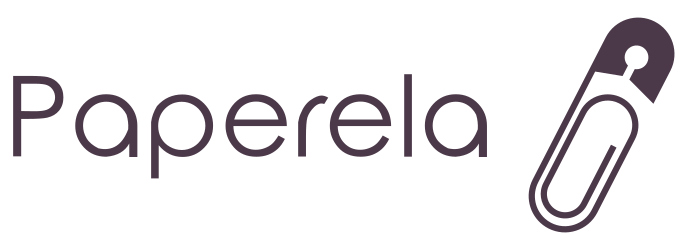
Self-Employed? Use These Tips to Help You Save for Retirement

Self-employment comes with a whole host of financial stress, whether you’re a business owner or a freelancer. It’s hard enough sticking to a budget when you have all those expenses to think about, let alone when your income fluctuates from month to month. Let’s not mention if you need to take a sick day! While it may be par for the course, the struggle can make it hard to keep your personal savings account looking healthy.
With the financial instability that comes hand in hand with the freedom of being your own boss, it can be difficult to think of the long-term. You may have decided to put off saving for retirement, but it could be easier than you think. By applying similar principles you probably already use in your business, along with these tips, you can start building a fund for the future.
Successful Budgeting

ismagination/Shutterstock:Budgeting helps
Even though your income stream can be unsteady, it’s imperative to make a budget and stick to it. If you know what expenses you have – personal ones and business ones – you can anticipate how much you’ll have leftover each month. Then, you can set aside a few months of overhead to ensure all your expenses are covered if your cash flow takes a dip. With the overhead in place, you won’t need to tap into your savings to keep things afloat in the slow months. Plus, once you’re in the habit of setting a certain amount away each month, you can keep contributing the same amount to your retirement fund.
Check out this handy guide to help you set up your budget.
Change Your Perspective

Nagy-Bagoly Arpad/Shutterstock: Thinking differently
Thinking of your business as a paycheck is a surefire way to detriment your retirement plans. Instead, understand that your business is an asset and invest in it to build its value. It may mean you take a smaller paycheck now, but you’ll turn your business into an income source for the future.
Plan Your Exit Strategy

northallertonman/Shutterstock: Setting exit deadlines
A secondary benefit of increasing the value of your business is the ability to set a “deadline” for your retirement. Transforming your venture into a transferable asset allows you to monetize in the future, which you can start planning for today. This way, when it comes time to step back, you won’t find yourself stuck waiting for the right market.
Live Within Your Means

MD_Photography/Shutterstock: Keeping a check on your wallet
It’s tempting to pay yourself more when business is good, but it’s better to set yourself a salary and stick to it. This will free up the remainder of your profits each month which you can put back into the business and into your savings. Don’t worry – you can still give yourself a bonus from time to time!
It’s Okay to Start Small

kram-9/Shutterstock: Start small
Long-term thinking can be difficult when finances are tight, but don’t be put off. Even if you start by saving a small amount each month, it will all add up, and you’ll get used to putting money aside. Take a look at your revenue for an average month and determine a reasonable amount to put away each month. Most experts suggest starting at $50, but it can be more or less. When you’re used to saving that amount, gradually increase it. You’ll have a healthy nest egg before you know it!
More in Financial Planning
-
`
How to Start a Taxi Business With One Car – And Be Profitable
The online taxi booking app industry is a goldmine in today’s market. It offers unmatched convenience for commuters, lucrative opportunities for...
August 16, 2024 -
`
Can You Go to Jail for Driving Without a License? Find Out Now
Driving is an essential part of daily life for many people, but it comes with responsibilities. One of the most fundamental...
August 9, 2024 -
`
Top 5 Richest “American Idol” Winners
“American Idol” has been a launching pad for many aspiring singers since its debut in 2002. The show has produced some...
July 29, 2024 -
`
Can Banks Notarize Documents for Free?
Navigating the landscape of legal documents can often lead you to one crucial service: notarization. Understanding whether you can access these...
July 23, 2024 -
`
5 Tried & Trusted Ways to Get Quality Property Clients
Wondering how to get property management clients? In today’s competitive market, securing high-quality property management clients can be a challenge. But...
July 17, 2024 -
`
If You Get Married in Vegas, Is It Legal Everywhere?
Las Vegas – the city of bright lights, electrifying energy, and…weddings? Absolutely! While renowned for its casinos and extravagant shows, Vegas...
July 12, 2024 -
`
What Is Jax Taylor’s Net Worth?
Jax Taylor, the unforgettable personality from Bravo’s hit show “Vanderpump Rules,” has become a reality TV mainstay. His larger-than-life persona, dramatic...
July 1, 2024 -
`
Here’s What Happens to Stock Options When a Company Is Acquired
When a company gets acquired, the acquiring company often has a set strategy for dealing with stock options. These strategies can...
June 26, 2024 -
`
McDonald’s Menu Price 2024: How It Changed Over the Last Decade
Over the past decade, a visit to McDonald’s has become noticeably more expensive, reflecting a trend that has not only surprised...
June 19, 2024















You must be logged in to post a comment Login